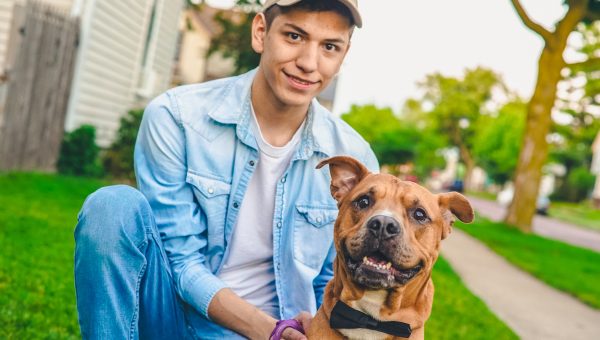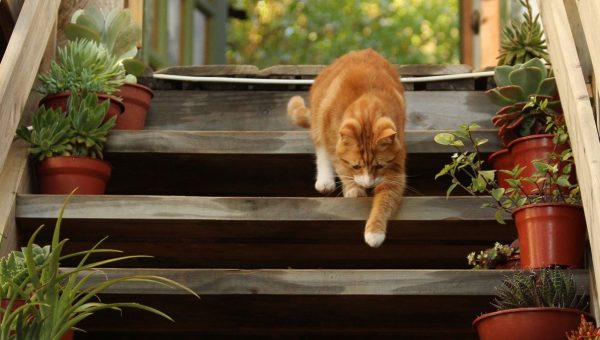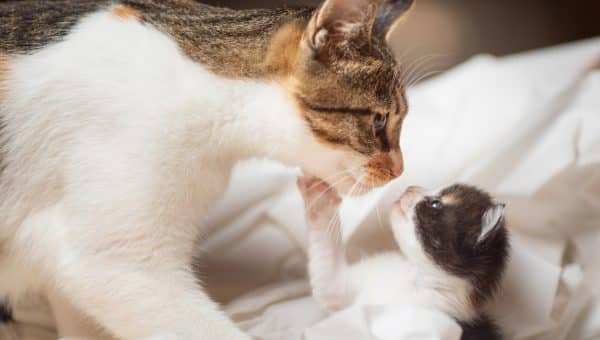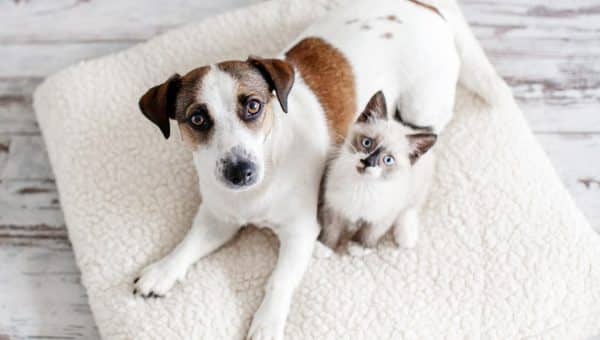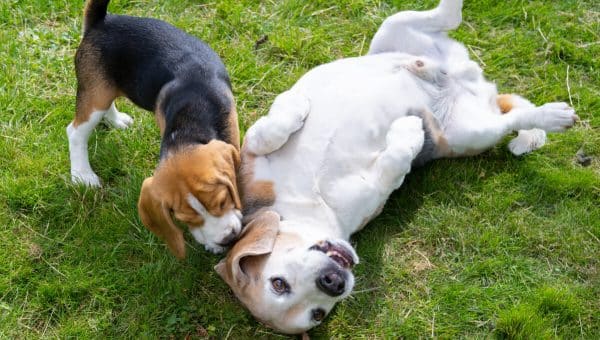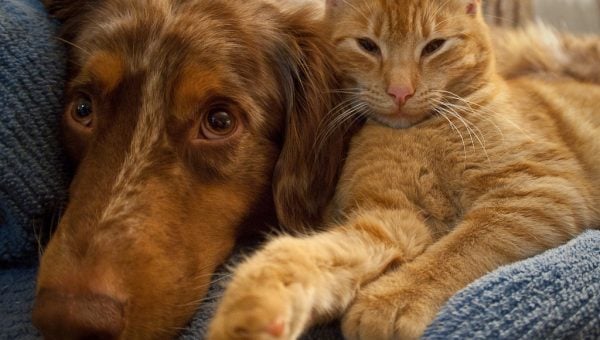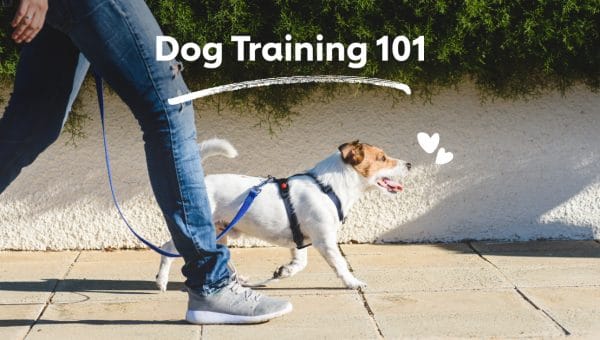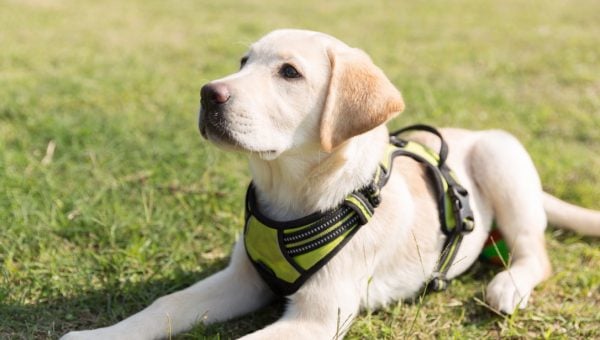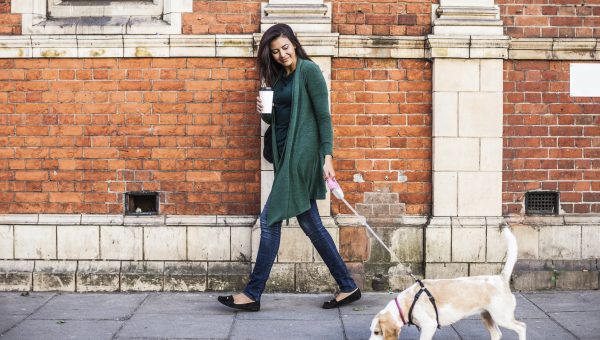Did you adopt a dog or cat during the pandemic? With more people adopting pets than ever before as a result of the COVID-19-induced quarantine, we at Rover wanted to support new pet parents with a post-pet-adoption resource. These hand-picked articles from our blog address a lot of questions first-time pet parents and those adopting pets during these unusual times may have.
Few things in pet parenthood are more exciting than your first few months with a puppy or the first days welcoming a new pet into the family. These are formative and impressionable times for both pets and people. As your pet settles into a new rhythm and the household adapts to its new member, everyone is learning about each other.
Whether you’re wondering how to best socialize your pet during a pandemic or just looking for some basic training resources, you’ll find it all below in this collection of stories generated by our team of expert dog trainers, veterinarians, and pet care writers.
From puppies to dogs and cats to kittens, read on for how to survive the first week with your new pet, training tips, how to make interspecies introductions, and more.
Here’s to a lifetime of happiness with your new forever friend!

